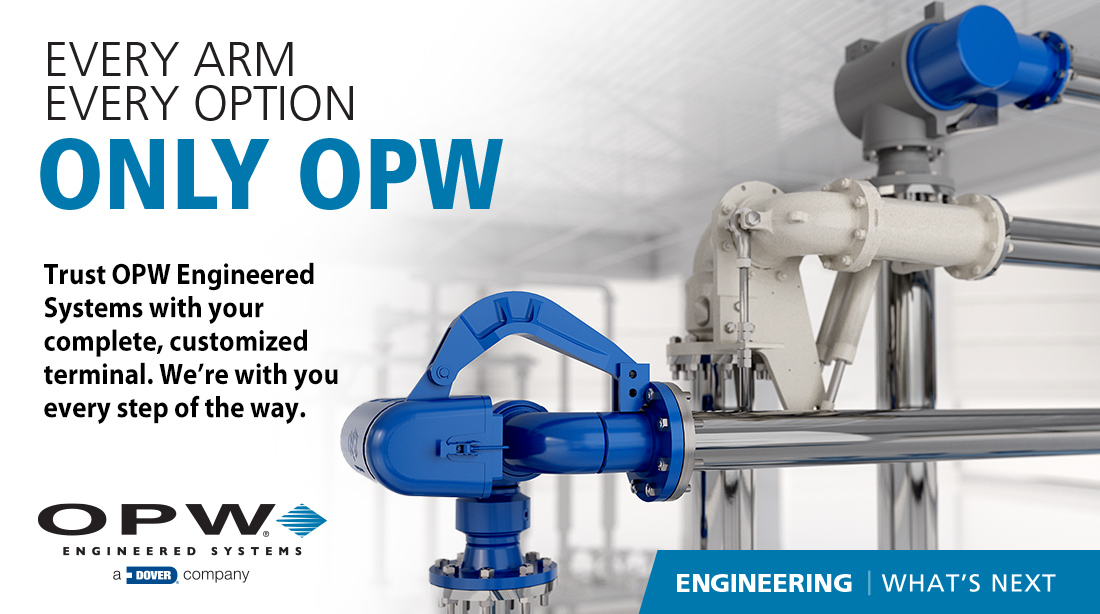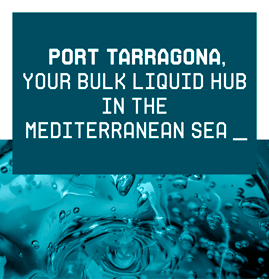The Port of Rotterdam Authority and Yokogawa Electric Corporation have recently announced their collaboration on a feasibility study to explore opportunities for cross-industry integration in the Rotterdam industrial cluster. This study aims to identify ways to efficiently utilise energy and utilities within the cluster, in order to contribute to the region’s decarbonisation goals.
The initial scan conducted by the two organisations has already revealed potential cost savings of up to 5 percent through the optimisation of electricity and utilities usage across companies. While individual companies in the petrochemical industry have already achieved significant optimisation within their own operations, concerns about sharing confidential information have hindered collaboration beyond their own boundaries. By facilitating the confidential sharing of data and promoting deeper integration within the cluster, the Port of Rotterdam and Yokogawa seek to unlock the substantial efficiency gains that can be achieved through optimising production across the entire industrial cluster.
One of the key approaches to achieving this integration is through the integration of multiple utilities, such as heat, electricity, and hydrogen. This can enhance industrial flexibility and lead to new efficiencies. For instance, optimising electricity consumption between adjacent companies can help manage peak demand and alleviate electrical grid congestion in the port area. Similarly, by coordinating the use of other utilities, such as steam, companies can prevent wastage by supplying excess steam to neighbouring companies when needed. This multi-utility approach has the potential to significantly contribute to energy savings and emissions reduction.
As Europe’s largest port and home to over 200 industrial companies, the Port of Rotterdam is uniquely positioned to drive and implement this project in support of the energy transition. Yokogawa, with its simulation technology, optimal production planning solutions, and expertise in regional energy management, will play a crucial role in uncovering opportunities for efficiencies across multiple industrial systems.
The pre-feasibility study has already demonstrated improvements of up to 5 percent in efficiency through better alignment of electricity, heat, steam, and feedstock usage. This not only results in lower costs but also reduces the carbon footprint. In the long run, deeper integration and optimisation within the industrial cluster could potentially yield savings as high as 10 percent. This vision aligns with the goal of developing an “industrial sharing economy” in the Rotterdam area, where intensive sharing of resources and infrastructure leads to highly efficient operations for all companies in the region.
Building on these promising findings, the Port of Rotterdam and Yokogawa have now commenced a feasibility study involving several petrochemical and energy companies within the cluster. This study aims to define concrete use cases based on existing operations. The first results of the feasibility study are expected to be available by the end of 2023. If the findings are sufficiently positive, the next step will be to develop plans for field trials involving cooperating companies in the port, starting from 2024.
For more information visit www.portofrotterdam.com/en















